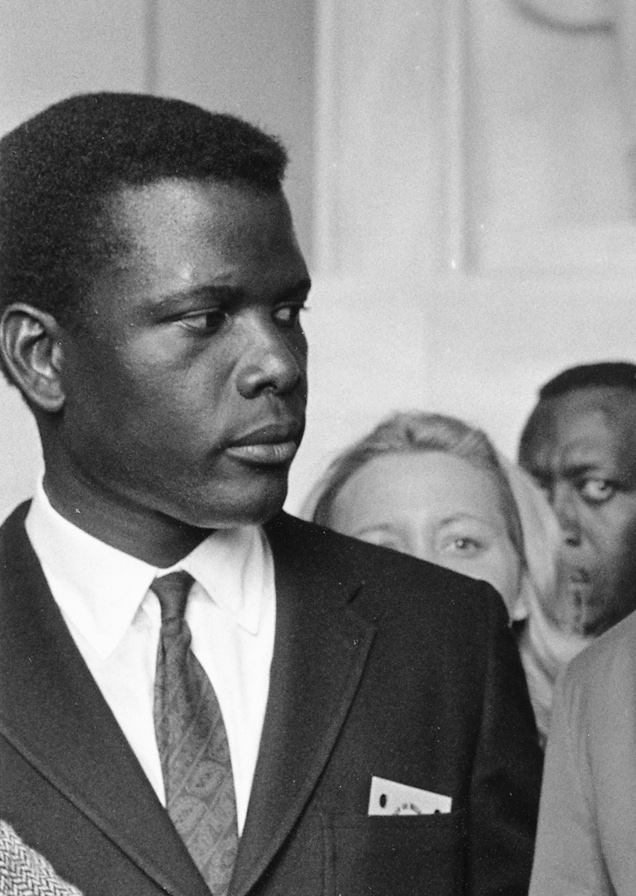Sidney Poitier: Frases en inglés
“A person doesn't have to change who he is to become better.”
Fuente: The Measure of a Man: A Spiritual Autobiography
Fuente: The Measure of a Man: A Spiritual Autobiography
“The older we get the less afraid we are.”
From an print interview with AARP The Magazine (September/October 2008)
"Oprah Talks to Sidney Poitier", http://www.oprah.com/omagazine/Oprah-Interviews-Sidney-Poitier/1 O Magazine, October 2000
"Oprah Talks to Sidney Poitier", http://www.oprah.com/omagazine/Oprah-Interviews-Sidney-Poitier/1 O Magazine, October 2000
Fuente: Life Beyond Measure (2008), twenty-third letter — The World I Leave You, p. 273
Variante: I’ve learned that I must find positive outlets for anger or it will destroy me. There is a certain anger; it reaches such intensity that to express it fully would require homicidal rage — self-destructive, destroy-the-world rage — and its flame burns because the world is so unjust. I have to try to find a way to channel that anger to the positive, and the highest positive is forgiveness.
Fuente: The Measure of a Man (2000)
